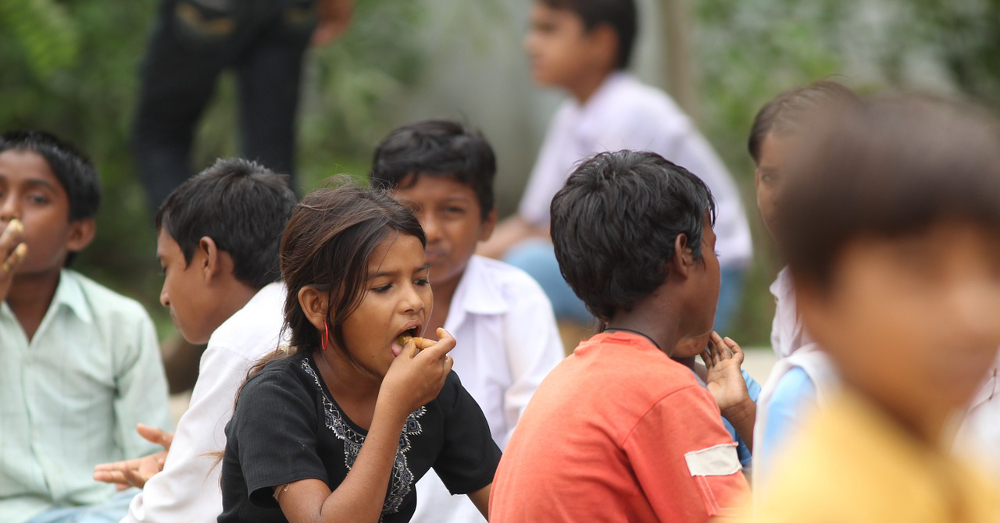
Low-Carbon Meals: A Triple Win for One of California’s Largest School Districts
What do meat-centric, cheesy-rich school lunches and climate change have in common? Both pose risks for our kids' health and our planet's future. In short, too much meat and dairy in our diets contributes to both chronic health problems and climate change.
February 27, 2017 | Source: EcoWatch | by Kari Hamerschlag
What do meat-centric, cheesy-rich school lunches and climate change have in common? Both pose risks for our kids’ health and our planet’s future. In short, too much meat and dairy in our diets contributes to both chronic health problems and climate change.
Research shows that we cannot avoid the worst impacts of climate change unless we dramatically scale back our consumption of animal foods. That’s because producing meat and cheese generates large amounts of greenhouse gas emissions and guzzles huge amounts of water.
What if we could improve our kids’ school lunches and reduce our impact on the climate at the same time?
One of California’s largest school districts is doing just that, showing how we can reduce our impact on climate change and save money by serving less—and better—meat and dairy products. By trimming back the meat and cheese in kids’ lunches and serving more plant-based nutritious meals, the Oakland Unified School District significantly reduced its carbon and water footprint, according to a new study by Friends of the Earth.
Over the past two years, Oakland’s K-12 school food service cut their meals’ carbon footprint by 14 percent and reduced its water use by 6 percent. Meanwhile, the district saved $42,000 by cutting costs per meal by one percent, enabling it to purchase better quality and more sustainable meat from organic, grass-fed retired dairy cows.
Consider one popular lunch food: a beef hot dog. Friends of the Earth’s analysis found that one hot dog generates seven times the carbon footprint of a tofu-veggie rice stir-fry and more than three times that of a veggie bean tostada.
If every California K-12 school food service matched Oakland’s carbon footprint reductions, they would reduce their footprint by 80 million kg of CO2 emissions—equivalent to Californians driving almost 200 million fewer miles per year.
We know kids can be picky eaters. So it’s even more impressive that Oakland’s effort actually increased student satisfaction with local, regional, fresh and tasty meals. Equally important, these plant-based meals met or exceeded the U.S. Department of Agriculture meal pattern requirements.
